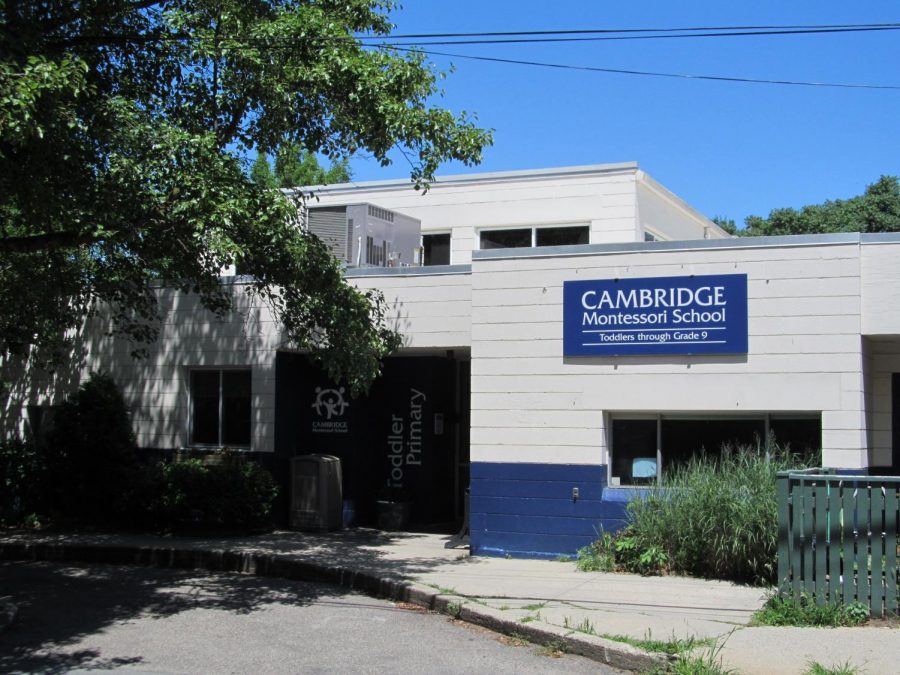It’s time to celebrate influential women educators
This Women’s History Month, remember the successes of women educators
March 17, 2020
Once one of the only professions thought fit for women, teaching has allowed women to make an undeniable impact throughout history. This women’s history month, remember those who fought sexism and other challenges to affect education tremendously throughout the world.
Perhaps the most famous teacher known in the United States is Anne Sullivan, lifelong teacher and friend to Helen Keller, a deaf and blind child. Anne Sullivan was partially blind herself and began teaching Keller at the age of 20. Keller proved to be a difficult and spoiled child, but Sullivan displayed great maturity and persistence in educating her, especially in the late nineteenth century when deaf and blind education was limited at best. She used her own experiences at the Perkins School for the Blind, the first school for the blind in the United States, and created a rudimentary system of sign language. With Sullivan’s guidance, Keller would matriculate at Radcliffe College and be the first deaf-blind to graduate college.
In Italy, at roughly the same time, Maria Montessori rose to prominence in education. She began her own education at a technical school that previously only admitted boys, focusing mostly on biology. Eventually, she would graduate medical school and become the first Italian female doctor. Pursuing her interest in child development, she would also create a distinctive education technique that would call for basing children’s education on their natural interests. Montessori schools, which follow this principle, have since been founded around the world, even in downtown Rochester.
These women, along with countless others like them, have transformed education to be more reflective of their vision for a productive and inclusive society. Without their contributions, education would have continued to be reserved for the most privileged of our society, or those with the most resources and least obstacles to success. Thanks to them, education does not have to be a privilege but a right.





